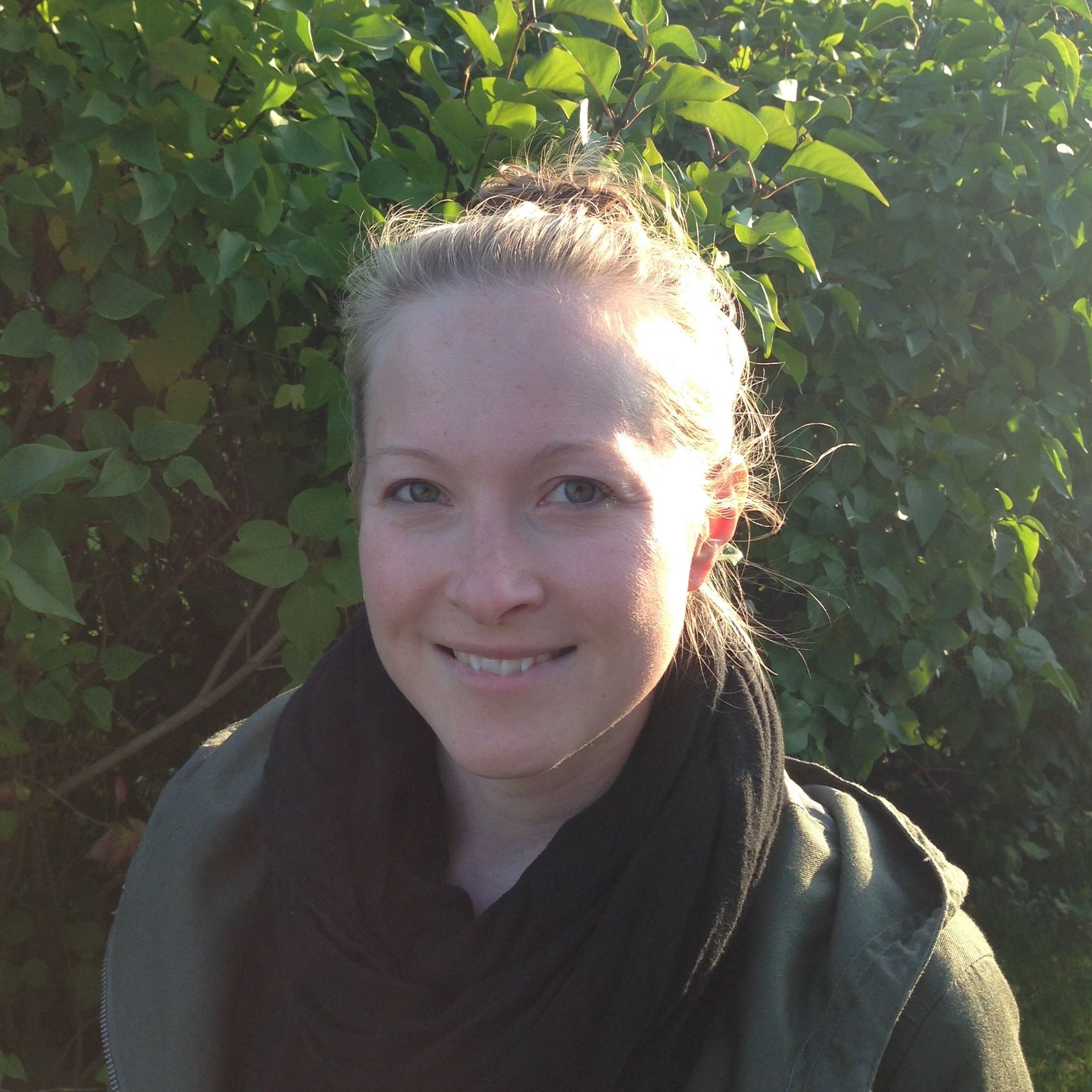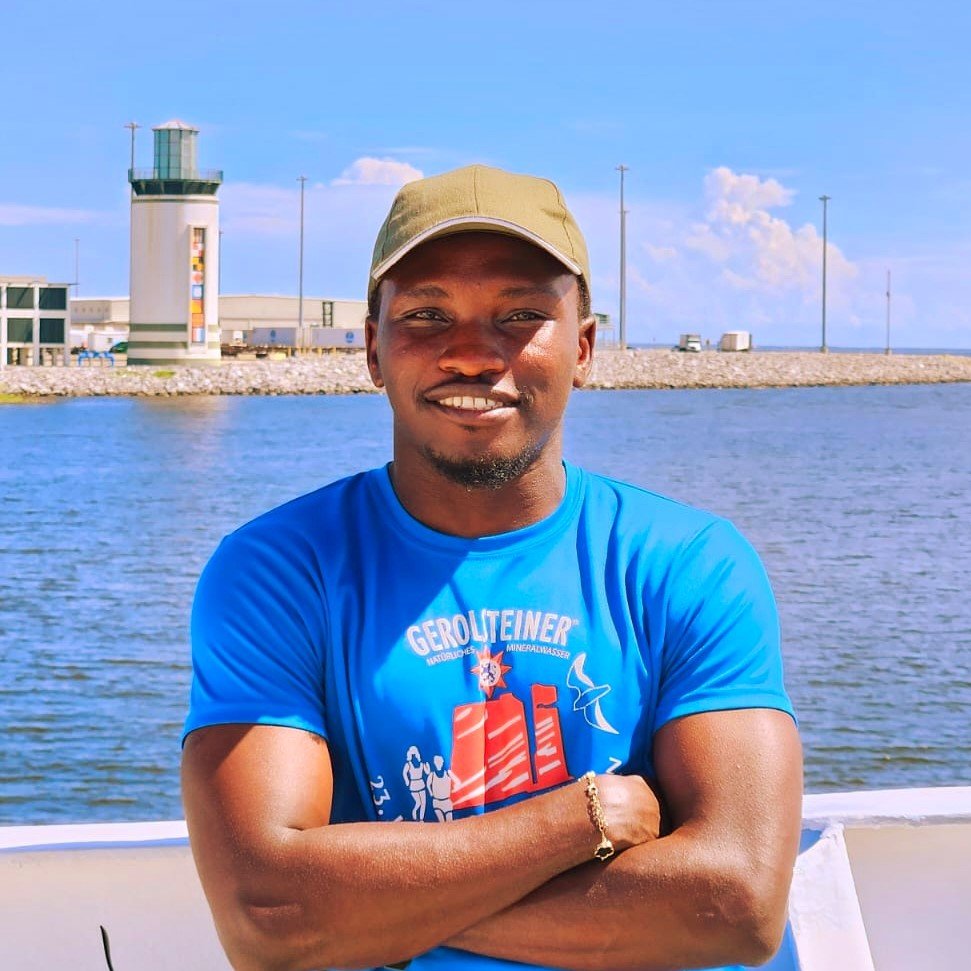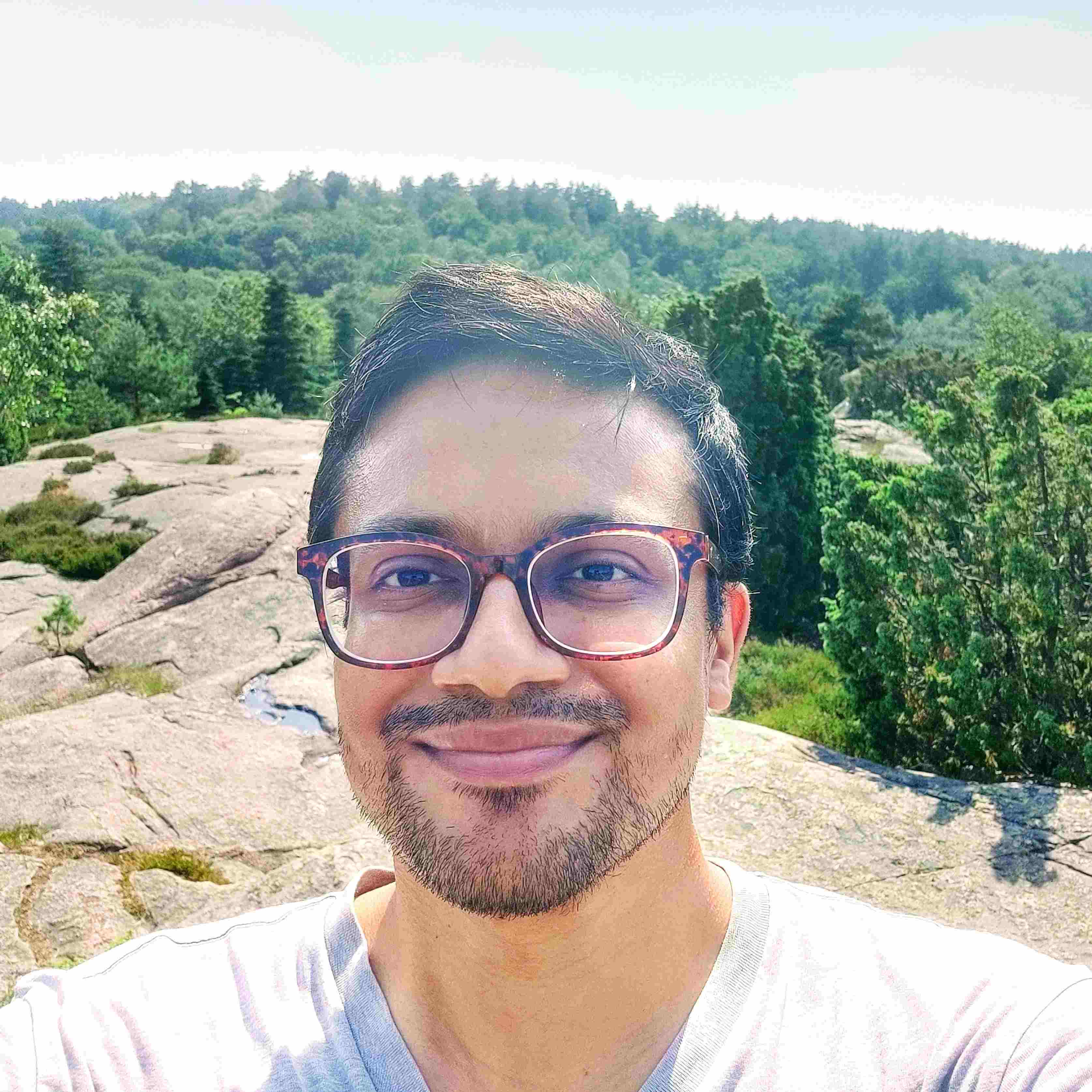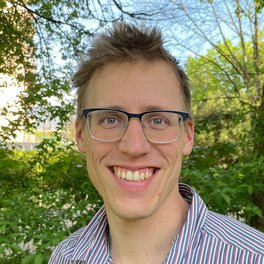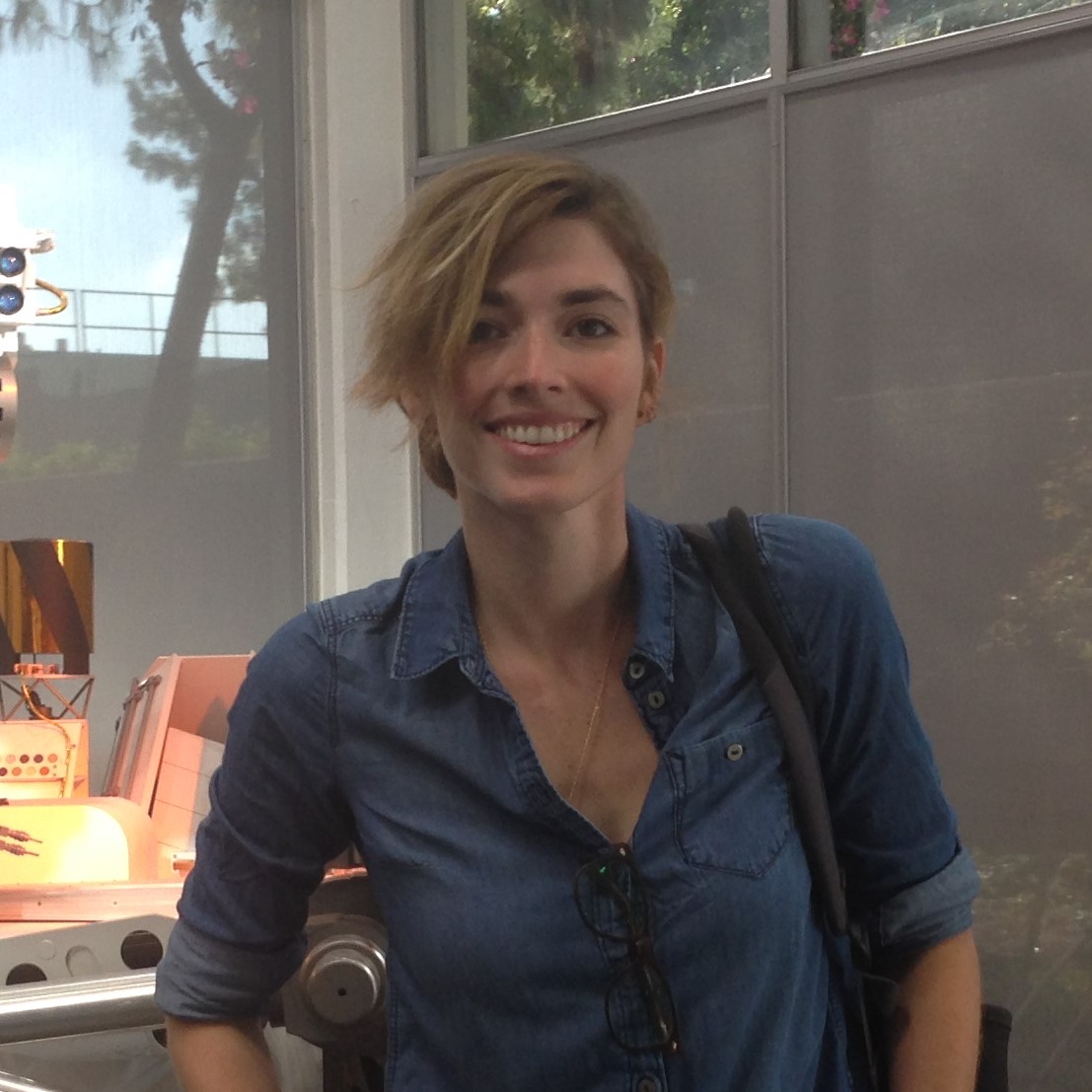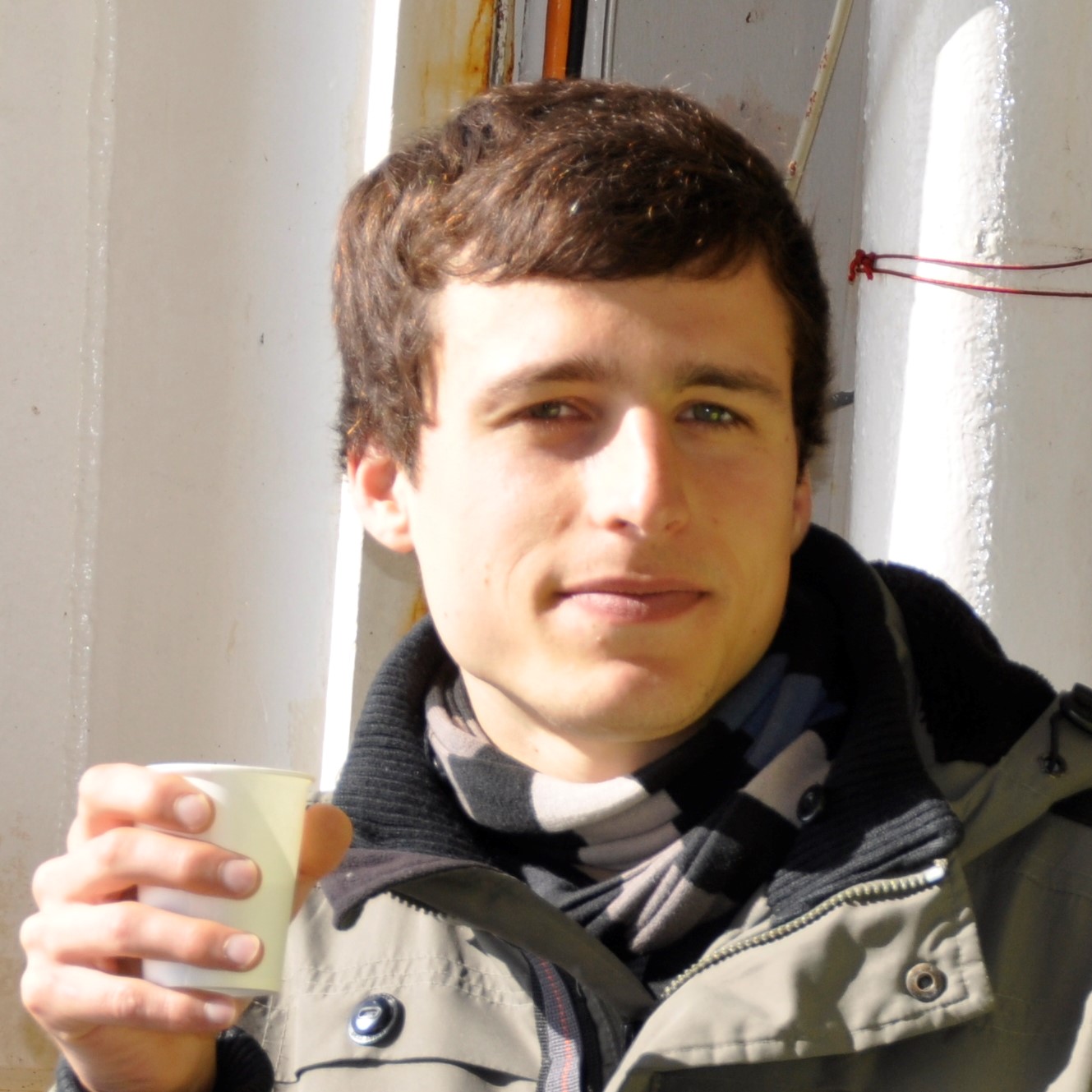Objectives
- Promote diversity, equity and inclusion
- Promote diversity as actively as possible and create awareness of the associated gaps/challenges and discrimination that currently exist within the scientific community.
- Connect with organisations
- Maximise the impact and connectivity of the IAPSO Early Career Network by liasing with other national and international networks.
- Liaise with the Executive committee
- Provide advice from the Early Career Network to the IAPSO Executive Committee and communicate key agenda from the IAPSO directive back to the IAPSO Early Career Scientist Network.
- Organise events
- Organise early career events at biannual IAPSO assemblies that may include mentoring, outreach activities and networking between early career scientists and senior researchers.
Committee members
|
Cathy Wimart-Rousseau (Germany, chairperson): Cathy is a post-doctoral researcher in chemical oceanography at GEOMAR (Kiel, Germany). Her research focuses on the marine carbon cycle as well as the CO2 exchanges at the air-sea interface. For this purpose, she deals with in situ data measured by numerous autonomous platforms (ex. BGC-Argo floats) and works on the enhancement of float-pH data QC methods. She collaborates internationally in both the EA-RISE and EuroSea projects. When she is not onboarding a research vessel to collect data or deploy a float, Cathy enjoys reading, running, and outdoor activities in general. |

|
|
Marina Azaneu (UK, member): Marina is a physical oceanographer working at University of East Anglia (UEA, UK) on ocean-atmospheric interaction in the tropics. Her work is focused on intraseasonal variability and extreme precipitation events in the eastern Indian Ocean using models and ocean glider data. However, she hasn't yet let go completely of her past as a polar researcher, still getting involved whenever she can with Antarctica, because there is nothing more exciting than trying to finish dinner whilst crossing the Drake Strait. |
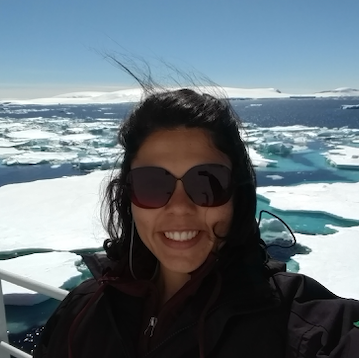
|
Former committee members
In alphabetical order:
|
Danielle Su (France, member): Danielle started her journey as an oceanographer moving from one island (Singapore) to another (Australia) and recently completed her PhD at The University of Western Australia investigating flow topography interactions around islands in the Northern Indian Ocean. Now at the LOCEAN Laboratory in Paris, she is delving into the world of biogeochemistry. Enjoys hiking and good wine, especially if done together. |

|
|
Prasad Padalkar (India, member): Prasad is a research scholar working with Prof. Parthasarthi Chakraborty at the Indian Institute of Technology, Kharagpur, India. His research deals with understanding the biogeochemical cycling of mercury in tropical coastal environments. In particular, he investigates how the elemental form of mercury controls mercury pollution and the effect of climate change stressors on cycling of mercury in coastal waters. |
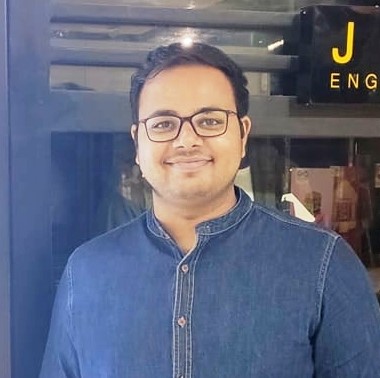
|
